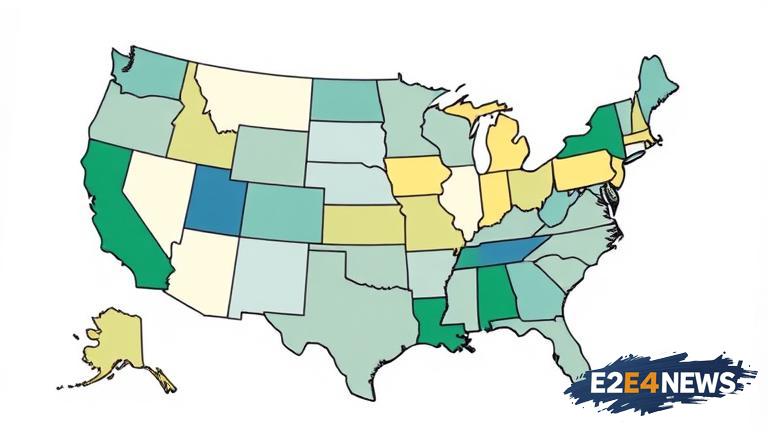The recent surge in black unemployment rates to a 5-year high has raised eyebrows and sparked intense debate about the effectiveness of diversity, equity, and inclusion (DEI) initiatives in the US job market. According to the latest labor statistics, the black unemployment rate has increased significantly, outpacing the national average. This trend has led to concerns that racial disparities in employment are widening, despite efforts to promote diversity and inclusion. The issue has become a contentious topic, with some arguing that DEI initiatives have become a mere checkbox exercise, rather than a genuine attempt to address systemic inequalities. Others contend that the focus on DEI has led to a culture of fear, where individuals are reluctant to discuss issues related to race and identity. The article highlights the story of a black professional who felt pressured to downplay their racial identity in order to fit in with their predominantly white colleagues. This anecdote underscores the challenges faced by minorities in the workplace, where they often feel forced to conform to dominant cultural norms. Furthermore, the piece notes that the emphasis on DEI has created a culture of ‘performative wokeness,’ where companies prioritize appearances over meaningful action. This phenomenon has led to a proliferation of diversity training programs, which often fail to address the root causes of racial disparities. In addition, the article cites research suggesting that diversity initiatives can actually have a negative impact on minority groups, by creating a sense of tokenism and reinforcing existing power dynamics. The author argues that the focus on DEI has distracted from more pressing issues, such as education and economic empowerment, which are critical to addressing racial disparities in employment. The piece also touches on the role of politics in shaping the discourse around race and employment, with some politicians using the issue to further their own agendas. Moreover, the article highlights the need for a more nuanced understanding of the complex factors contributing to racial disparities in the job market. This includes acknowledging the impact of systemic inequalities, such as discriminatory hiring practices and lack of access to education and job training. The author emphasizes the importance of moving beyond superficial diversity initiatives and instead focusing on substantive policies that address the root causes of racial disparities. Ultimately, the piece concludes that the issue of racial disparities in employment requires a multifaceted approach, one that takes into account the complex interplay of factors contributing to these disparities. By engaging in a more nuanced and informed discussion, we can work towards creating a more equitable job market, where individuals of all backgrounds have an equal opportunity to succeed. The article’s findings have significant implications for policymakers, business leaders, and individuals committed to promoting diversity and inclusion. It is essential to recognize that addressing racial disparities in employment will require a sustained effort, one that involves a willingness to confront uncomfortable truths and challenge existing power dynamics. Only through this process can we hope to create a more just and equitable society, where everyone has the opportunity to thrive. The US has a long history of grappling with issues related to race and employment, and this latest development serves as a reminder that there is still much work to be done. As the country continues to evolve and grow, it is essential that we prioritize addressing racial disparities in employment, and work towards creating a more inclusive and equitable job market. This will require a collective effort, one that involves individuals, organizations, and policymakers working together to address the complex factors contributing to these disparities. By doing so, we can create a brighter future for all, where everyone has the opportunity to succeed, regardless of their background or identity.





